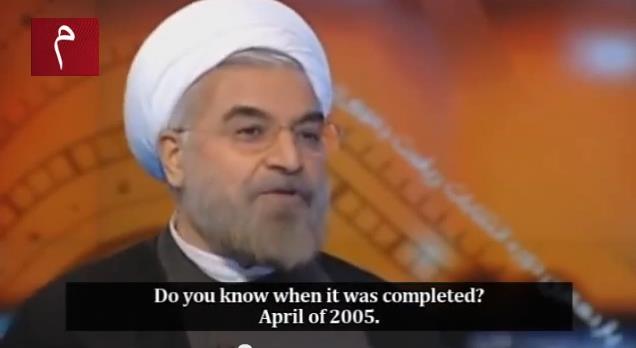Yesterday's New York Times featured an article
Obama’s Uncertain Path Amid Syria Bloodshed that is probably one of the most devastating indictments of the President's Syria policy published. I don't think that the reporters set out to critique the President and the tone of the article was always respectful.
https://twitter.com/michaeldweiss/status/393101410037821440
Still there are two description that really stuck out. The first was a general critique.
As one former senior White House official put it, “We spent so much damn time navel gazing, and that’s the tragedy of it.”
Over the past two years the article describes the various rationales the administration had for not intervening and that sentence turns out to be a very apt theme for the way the administration acted, or, more precisely, chose not to act.
Then there was this:
Even as the debate about arming the rebels took on a new urgency, Mr. Obama rarely voiced strong opinions during senior staff meetings. But current and former officials said his body language was telling: he often appeared impatient or disengaged while listening to the debate, sometimes scrolling through messages on his BlackBerry or slouching and chewing gum.
One would have assumed that a Syria policy was one of the two most important foreign policy issues facing the President. (The other is the question of Iran's nuclear policy.) Being "disengaged" during such momentous discussions is worse than being engaged but making bad decisions.
https://twitter.com/tobyharnden/status/393025446348349441









